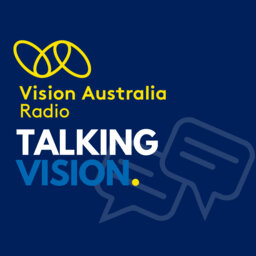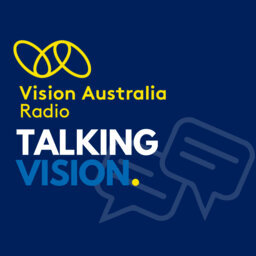Talking Vision 630 Week Beginning 20th of June 2022
Sam speaks with Reeni Ekanayake from Vision Australia about It’s Time to See What’s Possible, a digital awareness campaign aiming to bust the myths and misconceptions around hiring employees who are blind or have low vision.
Then later in the show Stella chats with mum of two Sarah who has low vision. Sarah is the facilitator of parents’ groups for Vision Australia both online and through the Quality Living program, and she talks about the highs and lows of being a mum with low vision.
And finally we have a sneak peek of Sam's conversation with blind cricketer Steffan Nero who recently broke the batting record which had stood for 24 years, that full interview will be available shortly on the Talking Vision podcast just above this episode.
In 1 playlist(s)
Talking Vision by Vision Australia Radio
Vision Australia Radiothon is on now. Donate via www.varadio.org and make a tax deductible donation …Social links
Follow podcast
Recent clips

Talking Vision 821 Week Beginning 2nd of March 2026
27:47

Talking Vision 820 Week Beginning 23rd of February 2026
27:55

Talking Vision 819 Week Beginning 16th of February 2026
28:59
 Talking Vision by Vision Australia Radio
Talking Vision by Vision Australia Radio